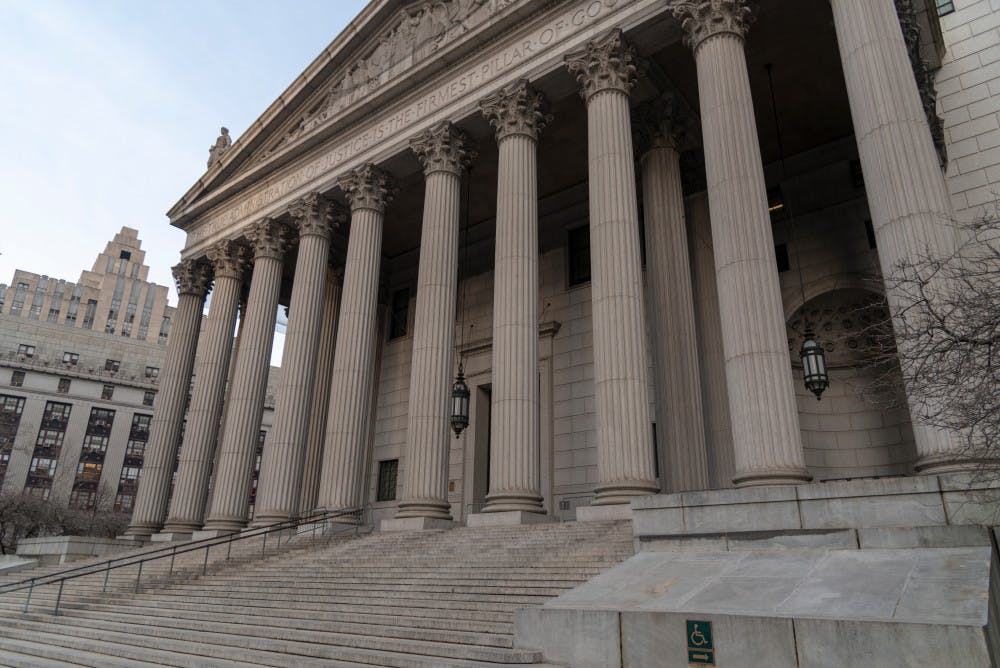By Ariel Steinsaltz
Staff Writer
On Jan. 25, President Donald Trump reached a funding deal with Congress to end the longest government shutdown in United States history, according to The Washington Post.
The partial shutdown began shortly before Christmas, when the House and Senate both passed a funding bill. Trump declined to sign it because it did not contain any money for his proposed wall along the Southern border. The shutdown dragged on into the new year with the Republican-controlled Senate backing the president, and eventually reached a length of 35 days, making it the longest in history, according to The Washington Post.
Trump previously said that he would be proud to shut down the government for border security, and threatened to keep it partially closed for “‘months or even years’” if he did not get the more than $5 billion that he had requested for his border wall, according to The New York Times.
During the shutdown, nine of the 15 federal departments and dozens of federal agencies were closed. Seventy-five percent of government services were unaffected by the shutdown. Hundreds of thousands of federal workers went without pay during the shutdown, and another several hundred thousand were furloughed and not working at all. Among affected departments was the Food and Drug Administration, which was not inspecting domestic food-processing facilities. Many national parks were closed, and many more remained open with limited staff. Visitors caused significant damage to the parks, with trash piling up. Immigration courts were also closed, according to CBS News.
Although Trump had said he would keep the government closed, he faced increasing political pressure even from his own party, as well as security concerns. His agreement to reopen the government was criticized by some on the right as being a sign of weakness. In a tweet, conservative commentator Ann Coulter called Trump “‘the biggest wimp ever to serve as President of the United States.’” The shutdown also hurt the president’s approval ratings significantly. Public disapproval is now at 58 percent, according to The Washington Post.
After the government officially reopened on Jan. 28, federal workers received their first paychecks since the shutdown began on Dec. 22. They had missed multiple paychecks, which caused financial strain, according to NPR. Some federal workers were even going so far as to return Christmas presents to the store, according to CBS News. Even after the end of the shutdown, many are still facing a significant loss of morale, with some workers saying it is no longer as rewarding as it once was to work for the federal government. An EPA attorney said it could hurt recruiting, according to NPR.
The bill Trump signed only reopens the government until Feb. 15, and he said that the government could shut down again if the border wall is not funded by then, according to The Washington Post. In response to this statement, several lawmakers said they are working to create a bill that would automatically create a continuing resolution if a budget is not passed to fund the government, which would stop presidents from using them as a negotiating tactic, according to ABC News.







